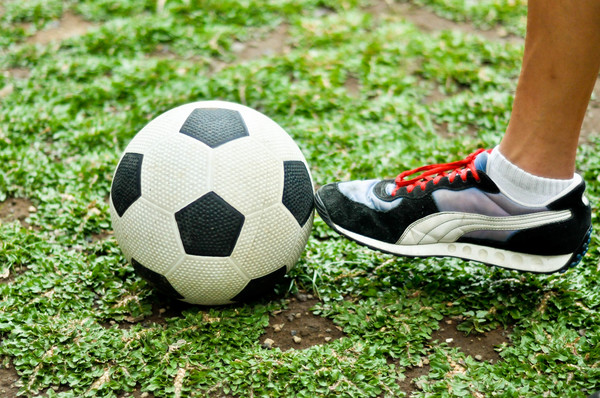
By Hollie Harris
According to betterhealth.vic.gov.au, only six out of 10 children aged between five and 14 years participate in sport outside of school, according to the Australian Bureau of Statistics.
The Australian Health Survey conducted in April 2012 found that 25 per cent of Australian children and teenagers, aged five to 17 years, are overweight or obese, indicating that we need to foster a more sports-minded culture that encourages children to be physically active.
People who are active dramatically reduce their risk of many diseases, including heart disease and osteoporosis.
Regular exercise is also known to reduce the risk of emotional problems such as anxiety and depression.
Habits are established early in life and evidence suggests that physically active children are more likely to mature into physically active adults.
Allowing your children to participate in youth sports is a fantastic way for children to explore and develop lifelong skills.
Youth sports not only play an important role in exercise, but promote mental and psychological advances as well.
It is well-known that children who participate in sports are less likely to drop out of school, and become involved in drugs and alcohol activity, while they also excel in academic performances and sociability.
Some of the many benefits of sport participation for children include:
– Reduced risk of obesity;
– Increased cardiovascular fitness;
– Healthy growth of bones, muscles, ligaments and tendons;
– Improved co-ordination and balance;
– A greater ability to physically relax and, therefore, avoid the complications of chronic muscular tension (such as headache or back ache);
– Improved sleep;
– Mental health benefits, such as greater confidence;
– Improved social skills;
– Improved personal skills, including cooperation and leadership;
– Less interest in screens.
Reducing inactivity may be more effective in achieving overall increases in energy levels in young children than putting the emphasis on increasing involvement in sporting activities. Taking steps to reduce children’s sedentary time is important and as we head into our local sports clubs sign on period, it’s worth chatting to your child about their interests and checking online for what clubs in your area are signing up on 4 and 5 February.






